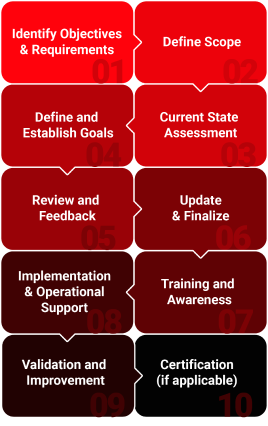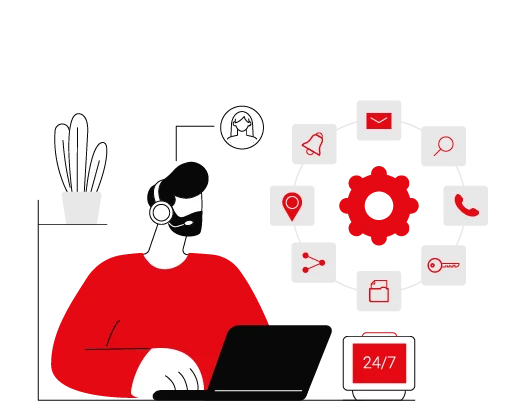HIPAA Components
The Health Insurance Portability and Accountability Act (HIPAA) is a U.S. federal law that sets standards for the privacy and security of personal health information (PHI). Here are the key components of HIPAA compliance
This rule establishes standards for the privacy of personal health information (PHI), including the right of individuals to access, amend, and request a copy of their medical records.
This rule establishes standards for the security of PHI, including requirements for access control, encryption, and risk management.
This rule requires covered entities to notify individuals and the Department of Health and Human Services (HHS) of any data breaches that involve PHI.
Requires covered entities to enter into BAAs with their business associates to ensure that they are also complying with HIPAA.
This rule updated HIPAA to include additional privacy and security requirements, such as the requirement for covered entities to provide individuals with a copy of their medical records in electronic format.
This law amended HIPAA to include additional privacy and security requirements, such as the requirement for covered entities to notify individuals of data breaches within 60 days.
This rule updated HIPAA to include additional privacy and security requirements, such as the requirement for covered entities to implement risk management programs and conduct risk assessments.










